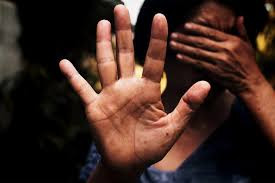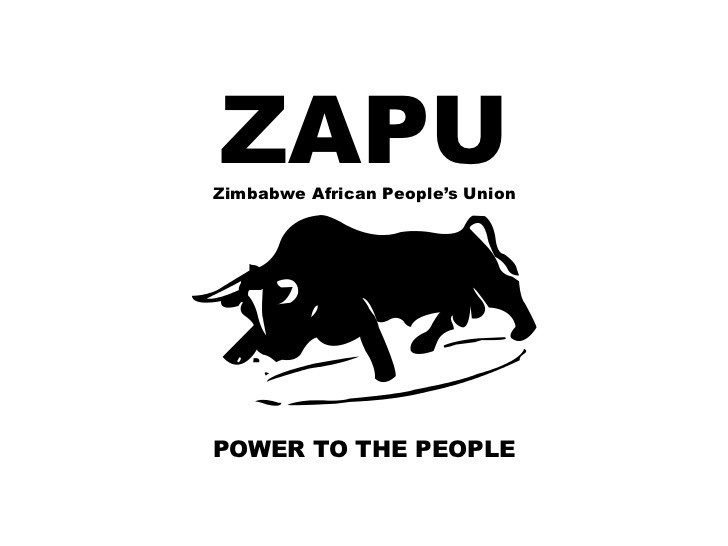
AT least 20 cases of gender-based violence (GBV) are reported monthly in every district in Mashonaland East province, an official has said.
Women’s Affairs ministry provincial development officer Tendai Nyamadzawo said some cases remained unreported due to cultural and religious beliefs.
“In Goromonzi district, for example, dysfunctional settlements like Caledonia and Solomio are registering high cases of GBV,” Nyamadzawo said.
“Mining areas in Uzumba Maramba Pfungwe, Mutoko and Mudzi districts are also among the hotspot areas where infidelity, improper use of funds and drug abuse by illegal miners are rampant.
“Other GBV hotspot areas include apostolic sector pockets. Child marriages continue taking place and they are giving birth at the shrines.”
He said this during the launch of the Strengthening Access to Comprehensive GBV Services for Children, Adolescent Victims, Women and Girls Through GBV Mobile One-Stop Centre (MOSC programme) in Mutoko on Wednesday.
According to Nyamadzawo, victims of sexual abuse and GBV are usually young girls and women who are violated by close relatives including parents.
Team leader for the Transformative Governance Unit, Tafadzwa Muvingi, speaking on behalf of United Nations Development Programme (UNDP) resident representative Ayodele Odusola said MOSCs ensured people in hard-to-reach places were not left out.
- Making every day that of activism against GBV
- 16 days not enough, says Ruvheneko
- Churches best positioned to deal with GBV
- The style interview: Tozeza Baba addresses gender-based violence
Keep Reading
“This project has so far reached 5 717 people across Manicaland, Mashonaland West and Matabeleland South in 2025 alone, strengthening access to justice, health and documentation in hard-to-reach areas,” she said.
She acknowledged the support of the Judith Neilson Foundation for the programme.
“Their partnership, alongside the UN system and national stakeholders, is helping to ensure that vital services reach those who need them most,” she said.
Zimbabwe Gender Commission chairperson Margaret Mukahanana-Sangarwe said the major hurdle for survivors of GBV was fragmentation of services.
“There have been stories of survivors having to travel more than 200km to access courts and medical services,” she said.
“That situation is clearly untenable and further traumatises victims.”
The MOSC initiative is a partnership between the government, UNDP and the Judith Neilson Foundation which has provided over US$446 581,80 in funding.










